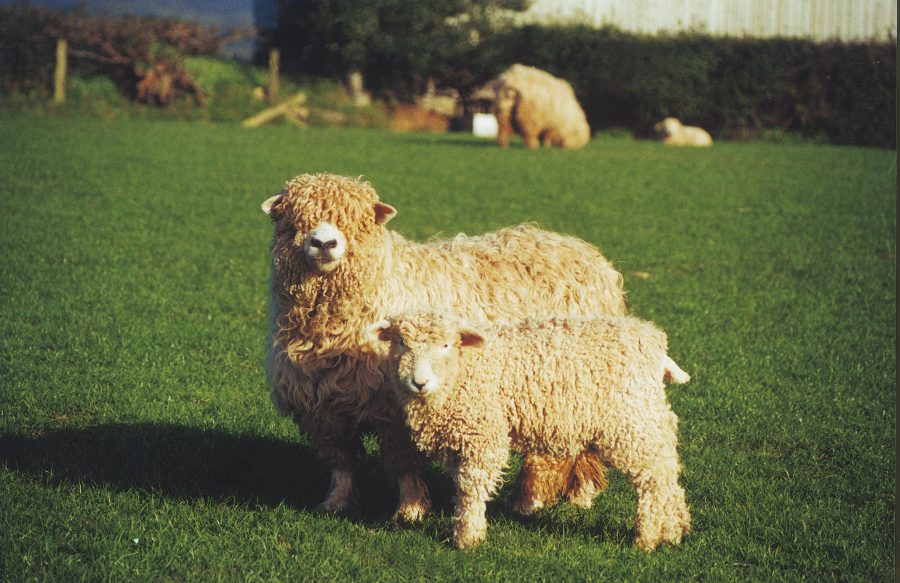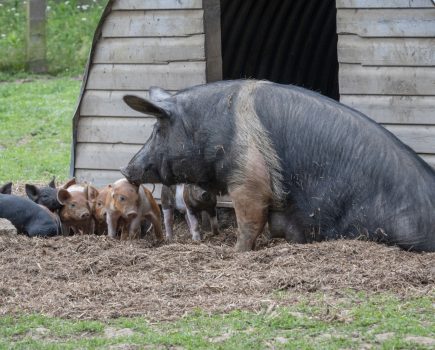More than 70 farmers, smallholders and conservationists gathered at the Lost Gardens of Heligan this summer to celebrate 50 years of the Rare Breeds Survival Trust’s (RBST) work to support the UK’s rare native breeds of livestock and equines.
Speakers included Eden Project co-founder and Director of The Lost Gardens of Heligan Sir Tim Smit, and ecologist and author Derek Gow.
As well as celebrating the hard-won successes of the past five decades in bringing urgently endangered rare breeds back from the brink, the event also explored the role of native breeds in the future of farming and conservation in Cornwall, making clear that profitable food production goes hand in hand with the environment.
The Lost Gardens of Heligan plays a key role in the conservation of some of the UK’s rarest native breeds through its RBST-accredited rare breeds farm park.
Sir Tim Smit gave an address outlining the story of The Lost Gardens of Heligan. He discussed the role that native breeds have played in supporting the natural environment and biodiversity there, questioning whether we should still be referring to them as rare because RBST was doing such a great job that many of them weren’t as rare anymore.
Pip Coard, Farm Manager at the Lost Gardens of Heligan Rare Breeds Farm Park, said: “These native breeds are adapted to thrive in the British Isles. Here at Heligan that is no exception. Each of the breeds we keep has their own unique characteristics; the British Whites are exceptionally ‘chatty’.The Devon and Cornwall Longwools are incredibly placid and great fun to work with (particularly if they think you have food), the Tamworths, gentle and mischievous! It’s a real privilege to have the opportunity to work with them and be a part of securing their future.”
Picture caption: Devon and Cornwall Longwool sheep
More news like this can be found in The Country Smallholder magazine. Subscribe here.
For FREE updates from the world of smallholding, sign up for The Country Smallholder newsletter here.








